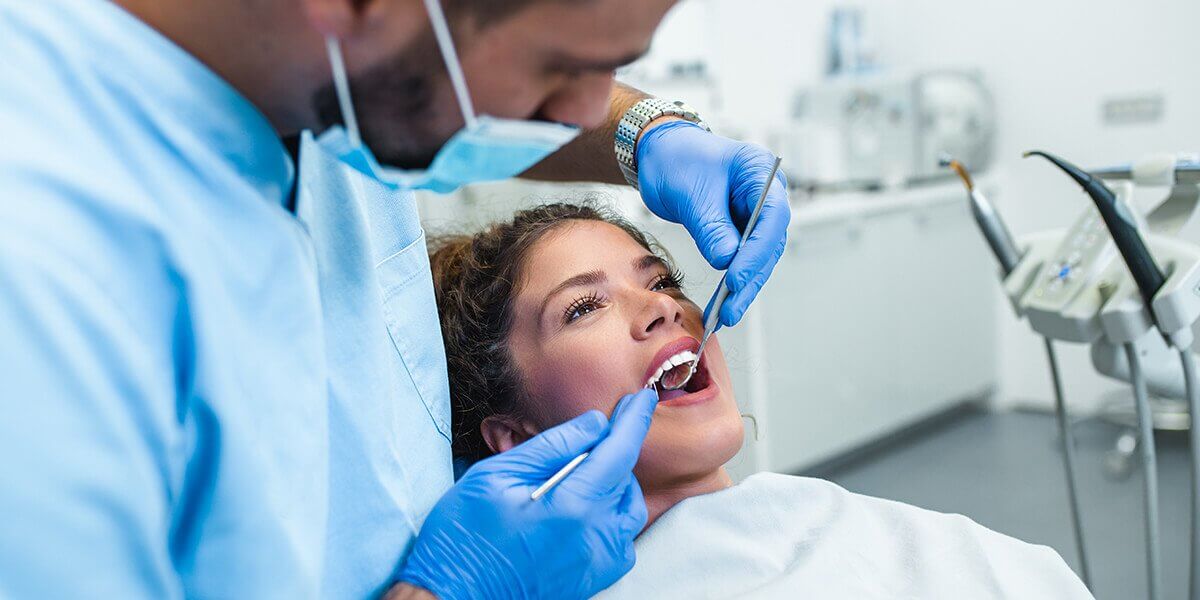Eating disorders are often triggered by negative emotions, such as anxiety, depression, or low self-esteem. Eating disorders like bulimia, anorexia and binge eating habits have detrimental consequences on the mouth; indications vary in severity, and dental experts are typically the first to notice potential danger signs. Eating disorders have been linked to poor dental health in several studies. This is why the Oral Health Foundation is working to raise public awareness about eating disorders. Thus, it would be best for you to go to Everton park dentist for your mouth checkup in case of any trouble.
Table of Contents
What Is Bulimia?
Bulimia is an eating disorder in which a person binge eats and then purges, either by vomiting or taking laxatives. “Bulimics” may eat anywhere from three to seven times per day, but they typically try to stay under the radar, so their friends don’t notice that they are not fitting into clothes well enough and feeling bloated after meals.
What Is Anorexia?
Anorexia is an eating disorder where the person restricts food intake to control their weight, shape, and size. The body’s natural response to starvation is for appetite to increase, but this effect can be overridden if someone with anorexia has been restricting themselves from eating enough protein-based foods or vitamins that are necessary for proper metabolism.
What Is A Binge Eating Disorder?
Binge eating disorder is a mental health condition that leads to regular episodes of consuming excessive food. Bingeing can be done in one sitting or over several days and often occurs when someone has not met their caloric needs at other times during the day.
/GettyImages-141338597-56a27b075f9b58b7d0cb2751.jpg)
What Impact May Eating Problems Have On Your Oral Health?
These eating disorders severely impact a person’s health and should be addressed as severe medical illnesses. Vitamin and mineral shortages can cause the body to close down and not operate correctly, which will show up in the mouth. Oral symptoms of eating disorders involve:
- Erosion of the enamel
- Mouth is parched
- Salivary glands enlargement
- Lips that are cracked or dry
- Sores in the mouth
- Tooth rotting is a common problem.
- Sensitive teeth
- Mouth bruising and injuries
How Can The Dental Team Help Detect Eating Disorders?
If you are concerned that your loved one may have an eating disorder, it is essential to know the warning signs. Dentists and oral health professionals can play a critical role in detecting this issue because they regularly see patients of all ages with teeth-related issues who also happen to be smokers or drug users — both groups which tend to have eating disorders.
Suppose they believe you have an eating issue. In that case, they will gently walk you through the clinical symptoms they’re finding in your mouth and, if necessary, recommend a high-fluoride toothpaste or varnish to preserve your tooth enamel.
The Bottom Line
Oral health is often overlooked as a part of your overall well-being. An eating disorder can make oral hygiene difficult to maintain or even impossible because impacted teeth and gums are not getting the proper care they need. We hope that this article has been helpful for you in knowing how eating disorders affect your mouth and what you must do about it.

